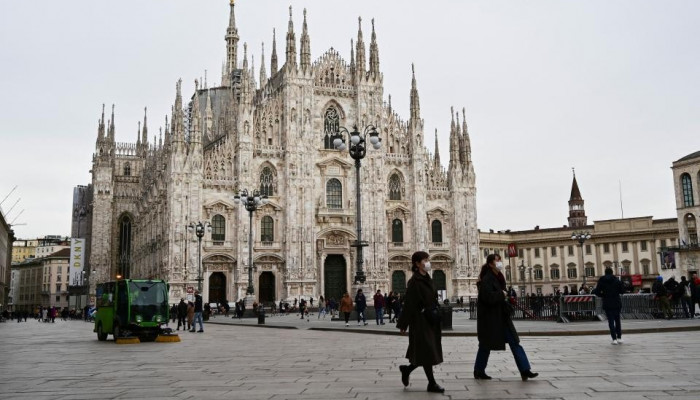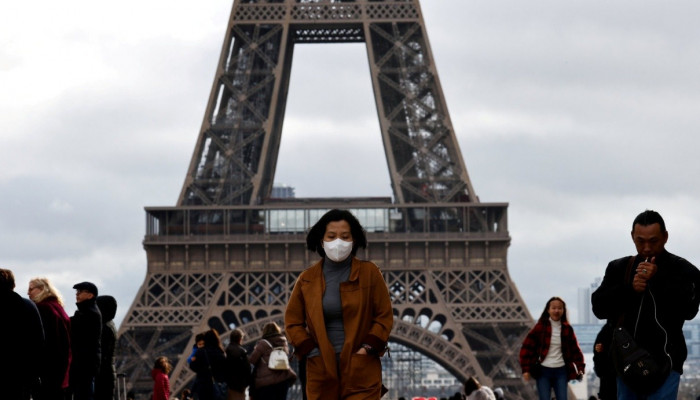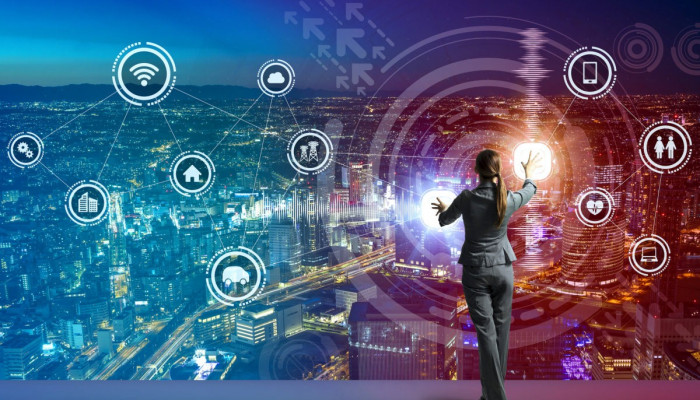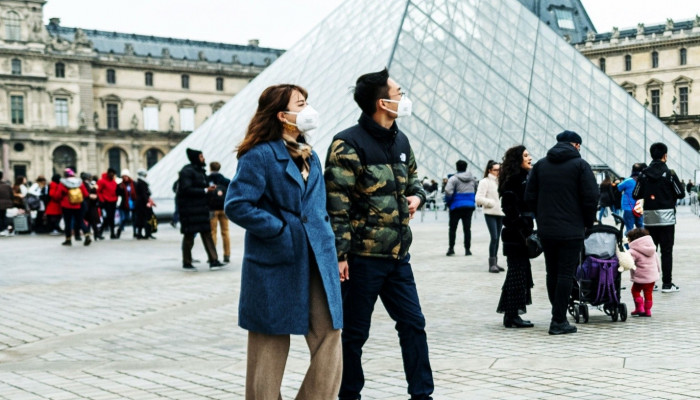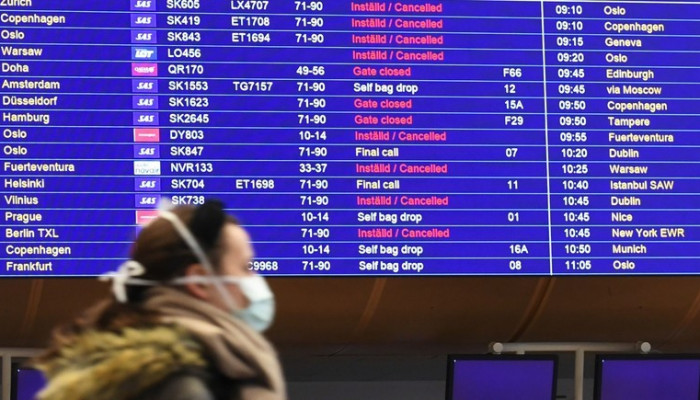Life after the coronavirus: how can the pandemic change our lives?
From empty streets to uncrowded tourist spots and closed signs: this is the portrait of the world at the time of Coronavirus. As people around the world face the realities of self isolation, it is clear that the coronavirus pandemic is affecting practically all areas of everyone’s life. So, how can Covid-19 change our lives?
The digitalization of all services
COVID-19 will fast-forward the fourth industrial revolution and digitalization of all services, including public services. The pandemic has forced societies to trial entirely new ways of living. School lessons have moved online; work meetings take place over Zoom; groceries are delivered through online shops. We’re living through the first global pandemic in the digital age, where the internet has made it possible to withdraw from the outside world.
Changes in our habits and values
Our whole life is based on habits, which are highly effective in helping us work, look after our families and reach our goals. During the quarantine our daily routines and the very rhythm of lives change forcing us to do things differently. As a result, new habits begin to form. Moreover, shocks like this can cause lasting changes in people’s values. This pandemic is like a war that requires strong cooperation. And when people realise what collective action can achieve, it could change how they relate to others, resulting in a greater sense of community.
The psychological effects
It’s likely that even those who aren’t infected with coronavirus could also develop psychological symptoms. Isolation and confinement, even if only for a few weeks, can cause lasting anxiety. People quarantined for prolonged periods in accommodation with multiple occupants or trapped at home in an abusive or coercive relationship or being stuck alone, may be especially vulnerable to developing PTSD symptoms during and after the outbreak.
Home as the new office
During the quarantine, most people are forced to work from home. It means that more attention will be given to the arrangement of the workplace at home. Even spatial organisation of the apartments will change and include a separate place for work technically equipped and with comfortable furniture. Home will become a new office for many people.
The impact on tourism
Although the tourism industry has suffered a lot during the spread of the pandemic, the recent surveys show that once the outbreak is under control, it won’t take much time for the tourism to return to its normal life. Experts admit, that tourism is a highly resilient industry that has come back again and again from diseases and natural disasters. Besides, the organizers of tourism continue encouraging the flexibility of this sector, so that tourists can postpone and not cancel their trips.
Image: via REUTERS
Considering all the above-mentioned issues, whatever enduring changes might lie ahead, life after the Covid-19 outbreak will never be the same as before.
For more information see:
https://www.aljazeera.com/news/2020/03/world-coronavirus-pandemic-200326055223989.html
https://www.dezeen.com/2020/03/25/life-after-coronavirus-impact-homes-design-architecture/

 English
English